Member Directory,
1847 - 1922
Melville E. Stone
General Manager, Associated Press
Centurion, 1914–1929
Charles R. Miller and Thomas F. Clark
Hudson, Illinois
New York (Manhattan), New York
Age sixty-five
Woodstock, Vermont
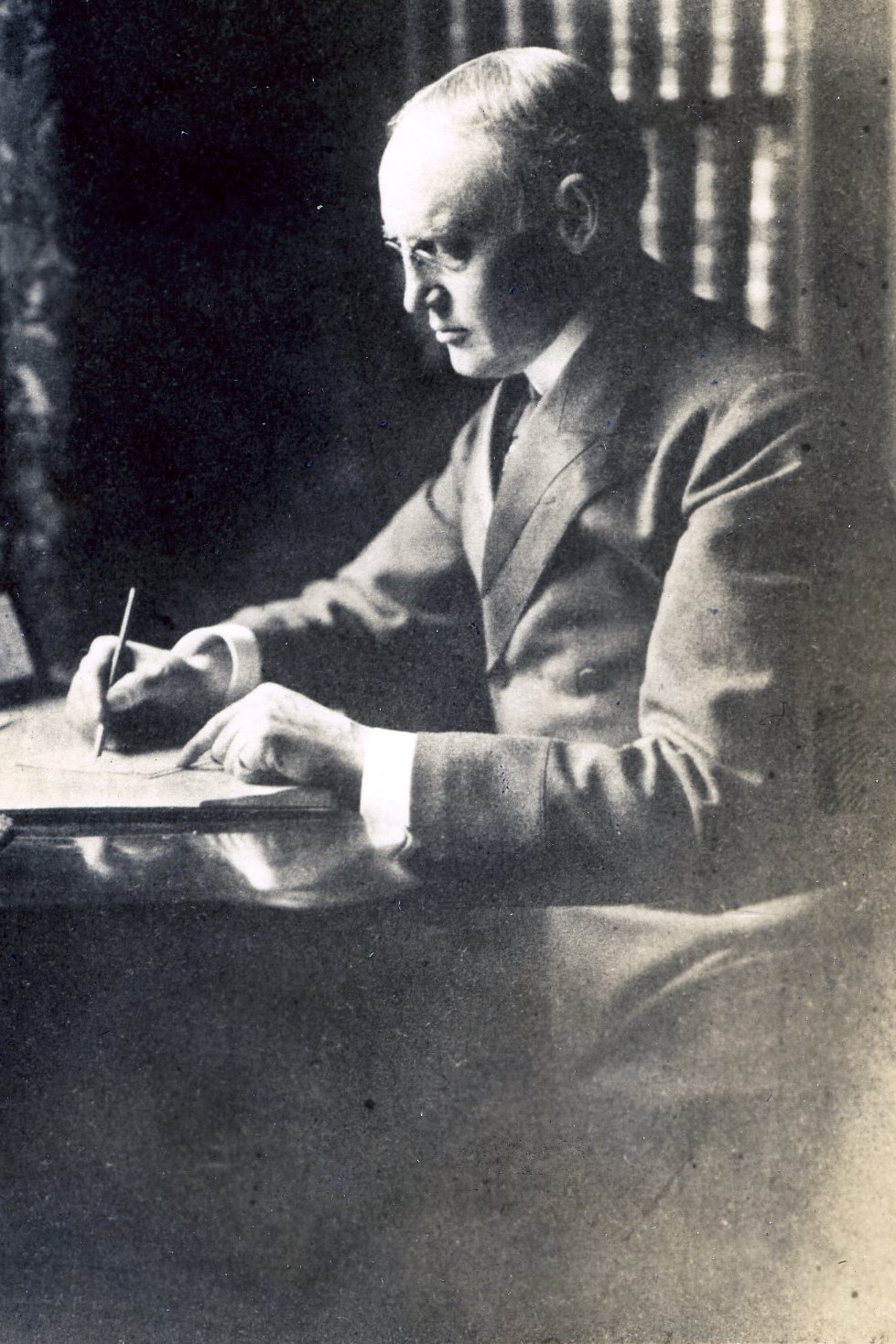
Century Memorial
No journalistic career has ever exactly paralleled that of Melville Elijah Stone. In the public mind his name was identified, and quite correctly, with the Associated Press; but not at all as that of a well-known personality. Perhaps no other editor, no other chief of a great news-gathering organization, has ever mingled just as Stone did with the celebrities in every field of contemporary history. Yet, on the other hand, no journalist who was able thus to meet on fairly equal terms the world’s men of mark has had so little opportunity to impart his knowledge to newspaper-readers individually. No man of such acquaintance, with his hand so firmly on the sources of the news, was ever less familiar a figure with the general public.
The original Associated Press, organized almost exactly eighty years ago, was a partnership between the larger city newspapers and the managers of the then newly-invented telegraph, whereby news which had been collected by the New York dailies for their own columns was sold for the joint profit of the partners to out-of-town newspaper subscribers. A rival organization, controlled by two or three individuals and known as the United Press, entered the field aggressively when the experiment seemed to have achieved success, and the old Associated Press went down under stress of competition. It was then that the social and political dangers of a news-distributing organization, conducted under private ownership and engaged in moneymaking, came to be recognized. Monopoly in providing outside news was conceivable, acquired by a joint-stock company or partnership with political ideas and prejudices of its own; what possibilities would then arise? Deliberate misstatement of the news was not among them; that action, sure to be discovered, would have ruined the strongest organization. But every journalist knew the potentialities which existed in the way of omission or suppression, not to mention artful coloring, of news from Washington, Europe or Wall Street. Only a few Western newspapers were left with the old concern; they now took the lead in establishing a new Associated Press which should be a purely co-operative enterprise, controlled and conducted by the newspapers in its membership throughout the country—journals which varied as widely in their political leanings as in their local interests or their reading constituency, all of them having a voice in shaping the Association’s policies.
Stone was summoned to organize the new experiment; he was selected because, in days when political prejudice and political graft appeared to dominate the social structure of the West, he had conducted an absolutely independent Chicago daily newspaper, had not only defied attempts at pressure from political leaders and business advertisers but had personally brought political criminals before the courts, confronting them with evidence which no jury could ignore. During a quarter of a century, Stone was the guiding spirit of the Associated Press. Within that period the newspapers in its co-operative membership increased numerically from 63 to 1250, its annual budget of expenditure from $500,000 to $10,000,000, the aggregate reading constituency reached by its dispatches from perhaps five hundred thousand to nearly a dozen million. It had its rivals, even in this later period, but none of them ever achieved the reputation of the Associated Press for absolute accuracy, steadfast refusal to dress up rumor or conjecture as ascertained fact, complete separation from political bias, and absence of all effort to attract attention to its news dispatches by making them lurid or sensational. The false report of peace which sent New Yorkers parading exultantly up Broadway on November 7, 1918, four days before the actual signing of the armistice, came over the wires of a rival press association. The Associated Press had the day’s correct news from the central source of authority.
In all these qualities, the organization reflected its president’s mentality. Stone was from the first much more than executive manager of a great journalistic machine. His affiliation with all American presidents of his time and with all the leading Congressmen was partly professional, partly personal, always intimate; he may be said without much exaggeration to have possessed the confidence of important European sovereigns. He knew, from private information imparted in high places, the underlying truth in regard to disputed episodes and disputed personalities, when it could not be told in the day’s dispatches and perhaps was destined never to be published. In his personal appraisal, many years before 1914, he despised the German Kaiser. Half a dozen years after our period of neutrality in the European war, he allowed it to be known that President Wilson had repeatedly, in 1915 and 1916, asked “if I thought that Congress would declare war under all the conditions then existing,” and that he himself “was forced to say that it would not.” In 1921, looking back at the complex political situation of the neutral years, when his own hand had been on the pulse of Western public opinion, he was “sure that it would not have done so.”
As an individual, moreover, Stone had strong opinions. Like the rest of us, he had his prejudices also. He was a “Wilson man.” He entertained great contempt for Harding. Roosevelt alternately amused and interested him. In Cleveland he was a stanch believer. He considered that Garfield broke faith unscrupulously with John Sherman in winning the presidential nomination of 1880, and that Blaine in 1884 was “the recognized candidate and apologist for corruption”—quoting in private, with appreciative reminiscence, Roscoe Conkling’s remark, as he and Stone left the unhappy Republican convention of that year: “Well, there will be a funeral, but you and I will at least have the satisfaction that neither of us will ride in the first carriage.”
But positive convictions of this nature never colored Associated Press dispatches during Stone’s régime; the news was told in a way that elicited no charge of partiality from Republicans or Democrats, English-speaking Union or German-Americans, Western pacifists or Eastern interventionists. The individuality of Stone never appeared in them. Even his latter-day Century associates, when they greeted casually the fellow-member with the wrinkled face, the friendly eye and the reticence in conversation touching on his own achievements, seldom guessed at the fund of “inside knowledge” which this quiet Centurion possessed regarding contemporary history, and the newspaper-reading public had not the least suspicion concerning the sentiments of the dominant personality behind the scene.
Alexander Dana Noyes
1930 Century Association Yearbook
Related Members
Member Directory Home-
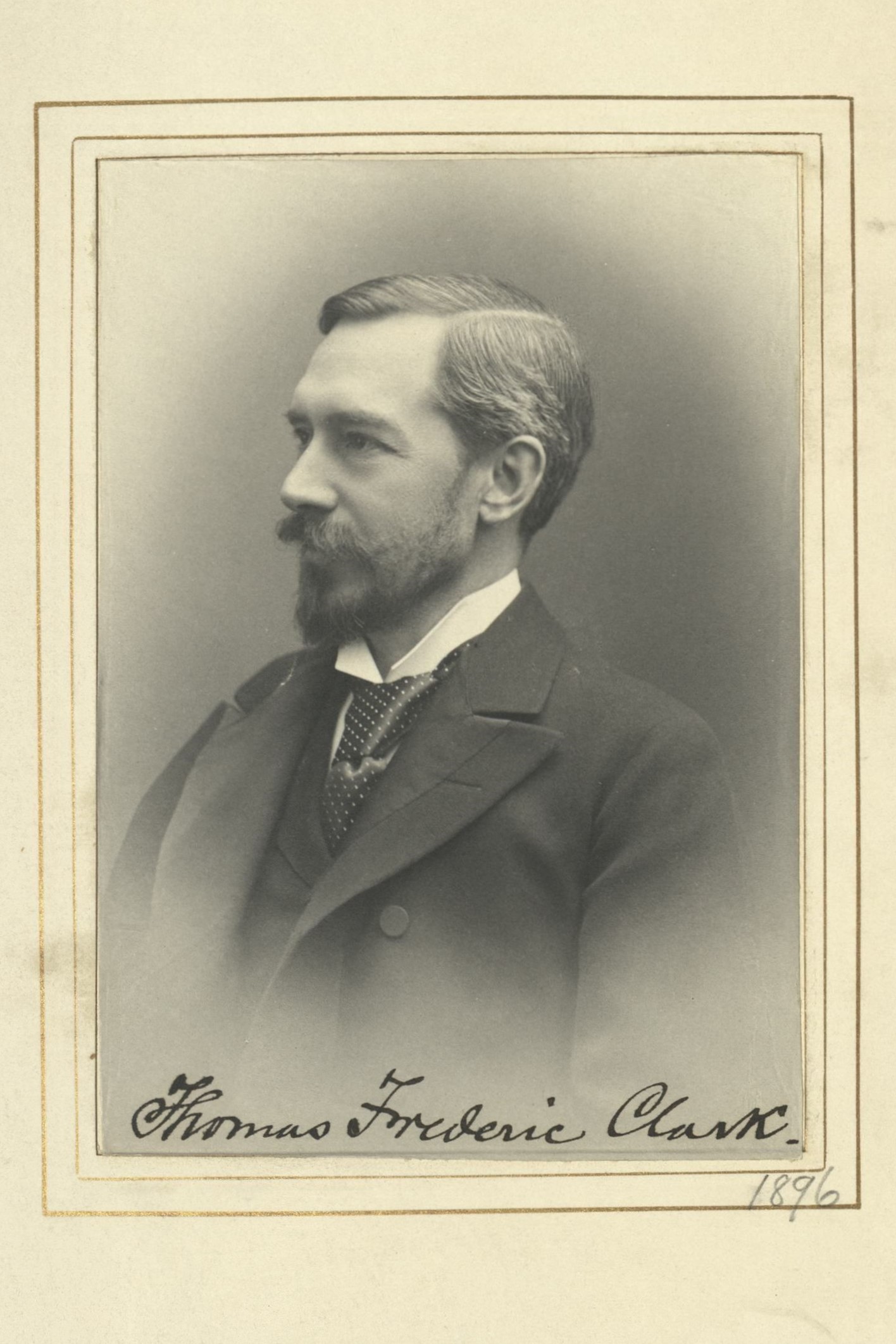 Thomas F. ClarkAssistant to President, Western Union Telegraph CompanyCenturion, 1896–1920
Thomas F. ClarkAssistant to President, Western Union Telegraph CompanyCenturion, 1896–1920 -
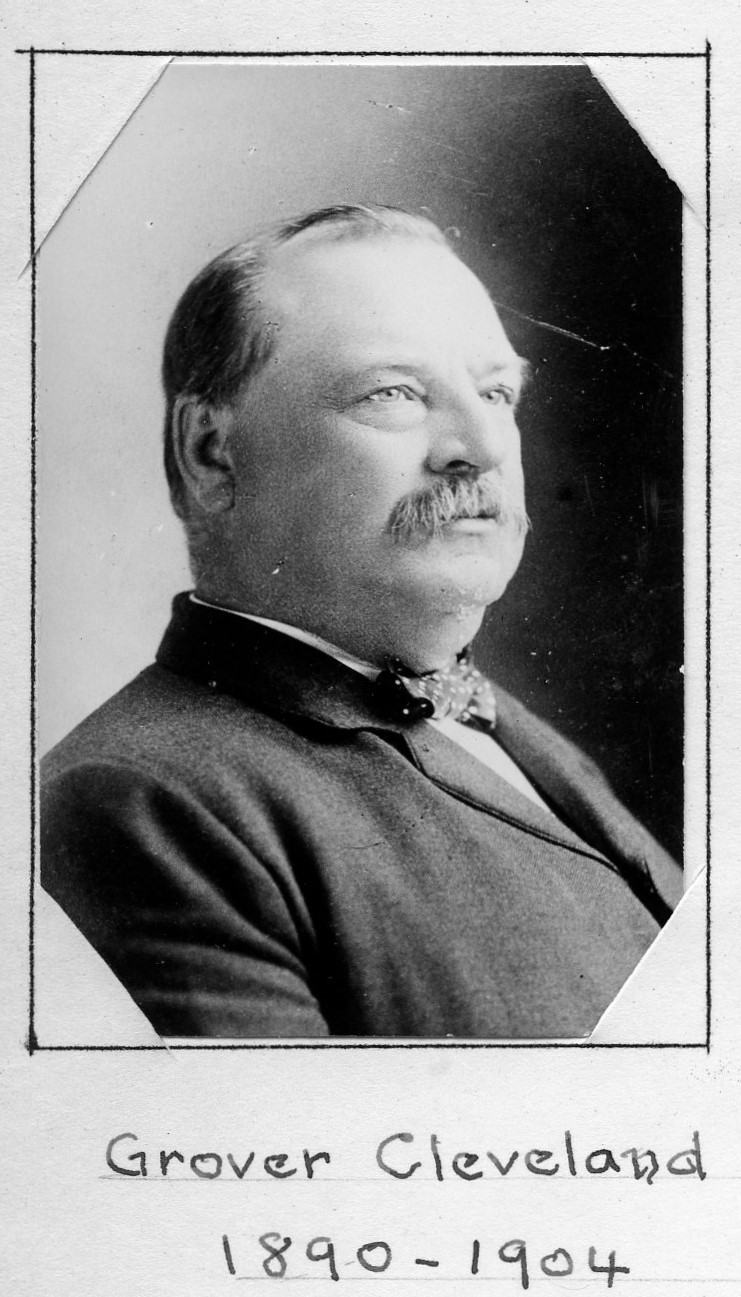 Grover ClevelandU.S. President/Governor of New YorkCenturion, 1890–1904
Grover ClevelandU.S. President/Governor of New YorkCenturion, 1890–1904 -
 Charles R. MillerEditor, New York TimesCenturion, 1887–1922
Charles R. MillerEditor, New York TimesCenturion, 1887–1922 -
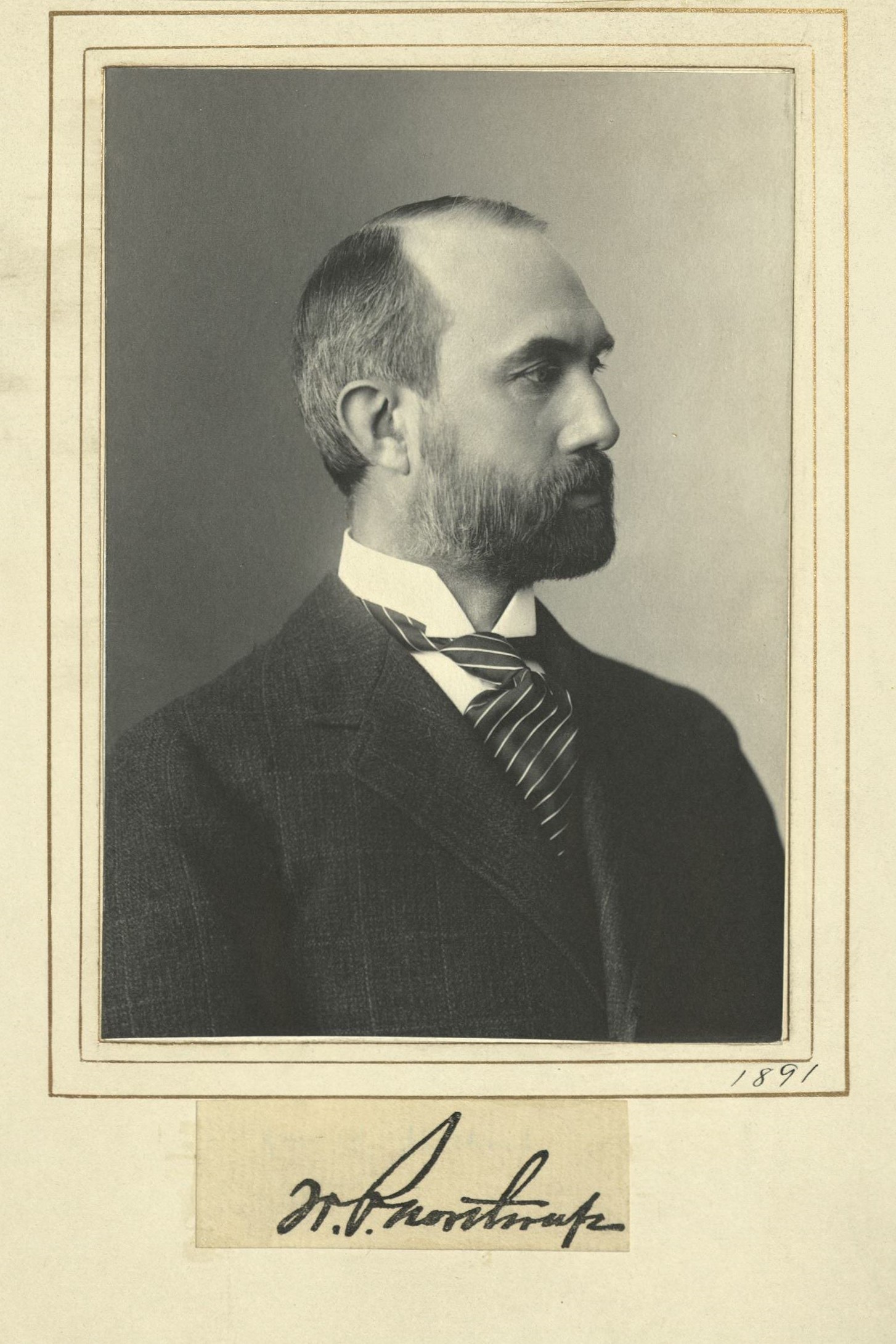 William P. NorthrupPhysicianCenturion, 1891–1935
William P. NorthrupPhysicianCenturion, 1891–1935 -
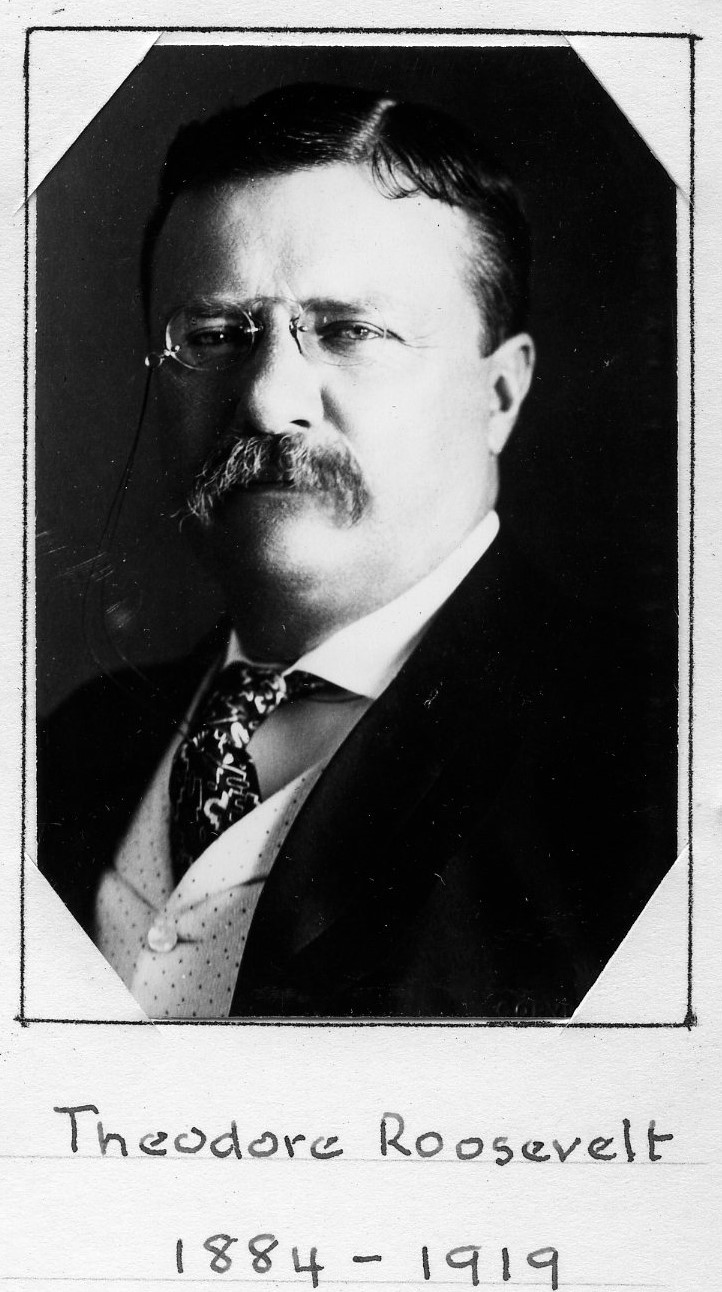 Theodore RooseveltLawyer/Governor of New York/U.S. PresidentCenturion, 1884–1919
Theodore RooseveltLawyer/Governor of New York/U.S. PresidentCenturion, 1884–1919 -
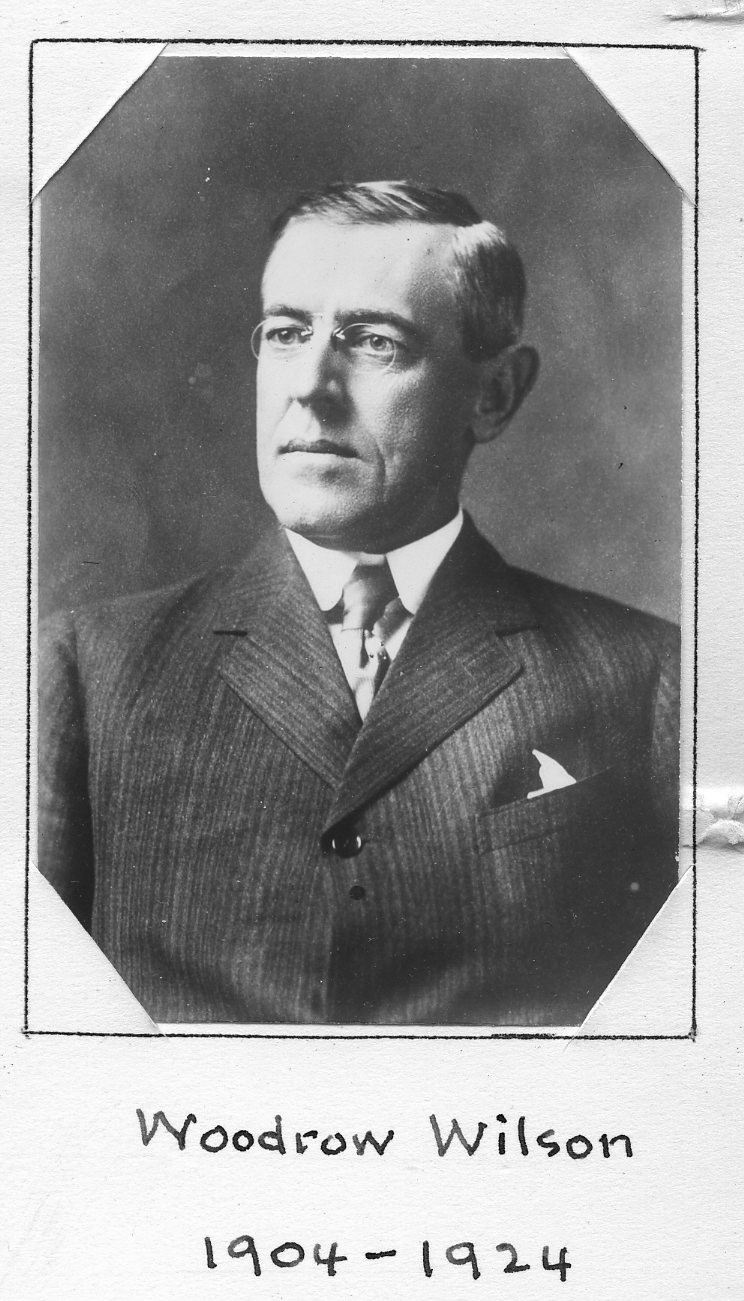 Woodrow WilsonPresident, Princeton University/Governor of New Jersey/U.S. PresidentCenturion, 1904–1924
Woodrow WilsonPresident, Princeton University/Governor of New Jersey/U.S. PresidentCenturion, 1904–1924





